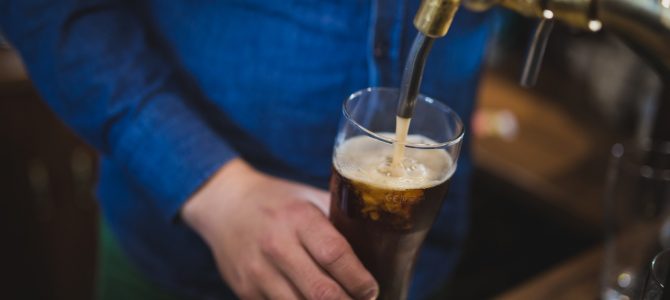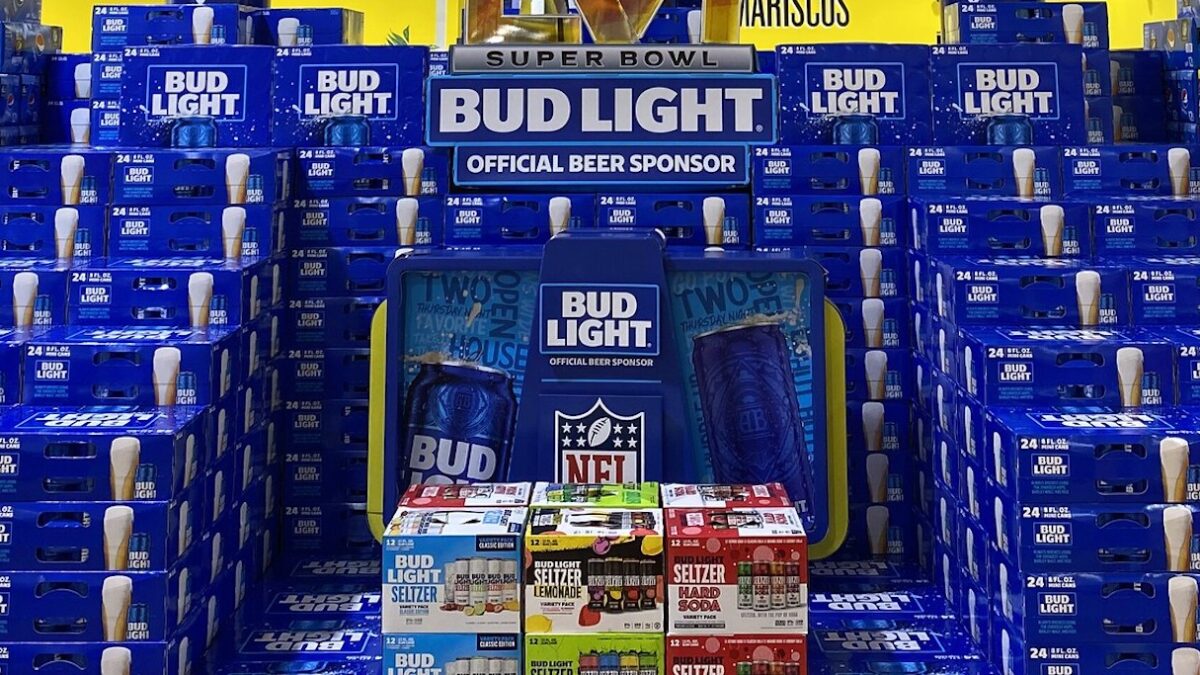
Even though it’s one of the country’s freest and most pro-business regions, the South is well-known for having some of the worst alcohol laws in America. Georgia recently made headlines for implementing a few modest changes to their backwards alcohol laws, but a closer look at these changes shows just how watered-down Southern reform efforts have been.
Georgia and Mississippi are currently the only two states in the United States in which craft breweries still cannot sell their beer directly to visitors. This past year, Georgia’s legislature considered legislation designed to fix this, but in the end Georgia brewers only achieved the token victory of being permitted to offer a “free souvenir” of up to 72 ounces of take-home beer to visitors who paid for a brewery tour.
The reforms fell short because of intense lobbying pressure from the powerful Georgia Beer Wholesalers Assocation, which worried that allowing more direct brewery-to-visitor sales would undermine the monopoly power of alcohol wholesalers in the state. Georgia brewers are now in an almost identical spot to where they started: barred from selling their products directly to their on-site customers.
It’s not just Georgia—alcohol producers across the southland are being cut off from the economic gains of the surging craft spirits movement by antiquated Prohibtion Era laws. And there’s no shortage of laws that need fixing.
You Can Make It, But You Can’t Sell It
A handful of Southern states still use government to manage some portion of alcohol sales within their borders. These so-called “control states” have government-run retail stores that strictly regulate the brands of alcohol available for purchase. This means that, in places like Virginia, hard liquor can only be purchased through government ABC stores, which mark up liquor by 69 percent prior to sale. On average, control states have higher alcohol prices and less variety of spirits for sale.
But even when the government is not in charge of alcohol sales, alcohol producers in the South are strictly regulated in how they can sell their booze. Many Southern states have harmful self-distribution laws that stem from the heavily regulated three-tier system of alcohol distribution present in most states—which includes producers, wholesalers, and distillers. Rather than being able to sell their goods directly to retail stores or customers like most businesses, alcohol producers are forced to sell their spirits through an independent wholesaler—one that is, of course, licensed by the state.
Wholesalers function as de facto monopolies within their domain, as the law prevents any competing wholesaler or producer from selling in the same area. Worse yet, many states have strict franchise laws that make it nearly impossible for producers to switch wholesalers or get out of a contract with a wholesaler. While many states around the country have started allowing brewers to self-distribute their beer, almost no states below the Mason-Dixon Line do so.
These draconian franchise laws and limits on self-distribution don’t just hurt alcohol producers—they dry up the scene for consumers, too. Research has shown that states which restrict self-distribution are also the states with the fewest number of craft breweries. There is a similar link between economic growth and allowing breweries to sell take-home beer to visitors. The result is less craft distilleries and breweries, less variety for consumers, and less bon temps roulant in the South.
As if that weren’t enough, the South also has some of the highest alcohol taxes in the country—Tennessee, Georgia, and Alabama have the first, second, and fourth highest beer taxes. Wine doesn’t have it much better, with Florida, Alabama, and Georgia checking in with the third, fifth, and seventh highest wine taxes, respectively.
It’s Not Religiousity, It’s Corporate Cronyism
Given this backdrop, one might wonder why the South has been so slow to reform its antiquated and tangled liquor laws. The South’s anti-competitive attitude toward alcohol is particularly incongruous for a region that scores so high on the Cato Institute’s Freedom in the 50 States ranking and has been dubbed the “Economic Engine of America.” So why does a region with seven of the top 20 Best States for Business fail to extend its pro-business approach to booze?
One popular explanation is the region’s religiosity and cultural conservatism, which many cite as the reason so many Southern states still ban Sunday liquor sales. But as Georgia’s recent failed reforms show, protectionist influences and cronyism often play an even bigger role. The three-tiered alcohol system that operates in most states creates an environment that strongly resists reform. By virtue of their state-granted monopoly power, wholesalers are an extremely well-funded and powerful lobbying presence in most state capitals. Unsurprisingly, they vigorously oppose any attempts to allow alcohol producers to bypass wholesalers and sell directly to customers.
Protectionist pressure can also come from within the craft spirit industry itself. Oftentimes, states will create more favorable legal climates for one type of alcohol over another. For example, in Virginia brewers often lobby against reforms that would de-regulate distilled spirits, all in the hopes of avoiding greater competition. In control states that directly manage alcohol sales, the government itself is usually hesitant to give up the revenue and government jobs generated from liquor retail.
The upshot is that Southern states are left high and dry at profiting from America’s booming craft spirits movement. Drinkers also lose out when their states deter new distilleries, wineries, or breweries from opening up in their neighborhoods. Southern states must recognize that small tweaks around the edges—like allowing breweries to give out “free souvenirs” of beer to-go—are not enough.
The South needs to change its entire approach to alcohol, which means privatizing any remaining state-run liquor stores, reducing the region’s outsized alcohol taxes, and loosening limits on producers who want to sell their spirits directly to customers. It’s time for Southern states to extend their impressive record on economic freedoms to the booze business and allow Southerners some liberty alongside their libations.









